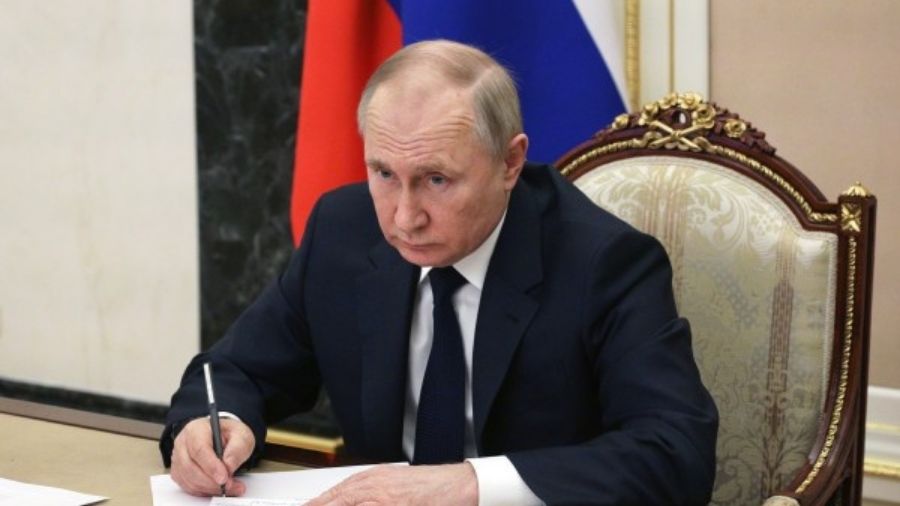Russia appeared to fall into default on its international debt for the first time in more than a century, after Western sanctions finally thwarted the government’s efforts to pay foreign investors. The lapse adds to efforts to seal Moscow off from global capital markets for years.
About $100 million in dollar- and euro-denominated interest payments failed to reach investors within a 30-day grace period following a missed May 27 deadline, according to reports. The grace period expired on Sunday night. The Kremlin on Monday rejected claims that it has defaulted on its external debt for the first time in more than a century, after a grace period on $100 million interest payments ran out.
In a call with reporters, Kremlin spokesperson Dmitry Peskov said Russia made bond payments due in May but the fact they had been blocked by Euroclear because of Western sanctions on Russia was “not our problem”.
A formal declaration of default will need to come from bondholders because ratings agencies have been barred by sanctions from reporting on Russia and so cannot declare the government in default. The Credit Derivatives Determinations Committee, a panel of investors who rule on whether to pay out securities linked to defaults, hasn’t been asked to make a decision on these bond payments yet.
But it appeared that the payments had not reached bondholders’ accounts as of Sunday night, as required by the bonds’ contracts. Bloomberg reported on Monday that the payment had been missed and Reuters said that some Taiwanese bondholders hadn’t received their payments, citing unnamed sources.
Earlier this month, Bloomberg reported that Russia’s payments were stuck at Euroclear, a Brussels-based clearinghouse. The risk of default emerged in late February after Russia invaded Ukraine and sanctions were imposed to sever the country from international financial markets. In late May, Russia tried to navigate tightening sanctions that cut off its access to American banks and bondholders by sending the payments to a Moscow-based institution.
But ultimately, the funds didn’t make all the way to bondholders’ accounts. This default is unusual because it’s a result of economic sanctions blocking transactions, not because the Russian government has run out of money. Moscow’s finances remain strong after months of war, with nearly $600 billion in foreign currency and gold reserves, though about half of that is frozen overseas. And Russia continues to receive a steady influx of cash from sales of oil and gas.
(New York Times News Service)











